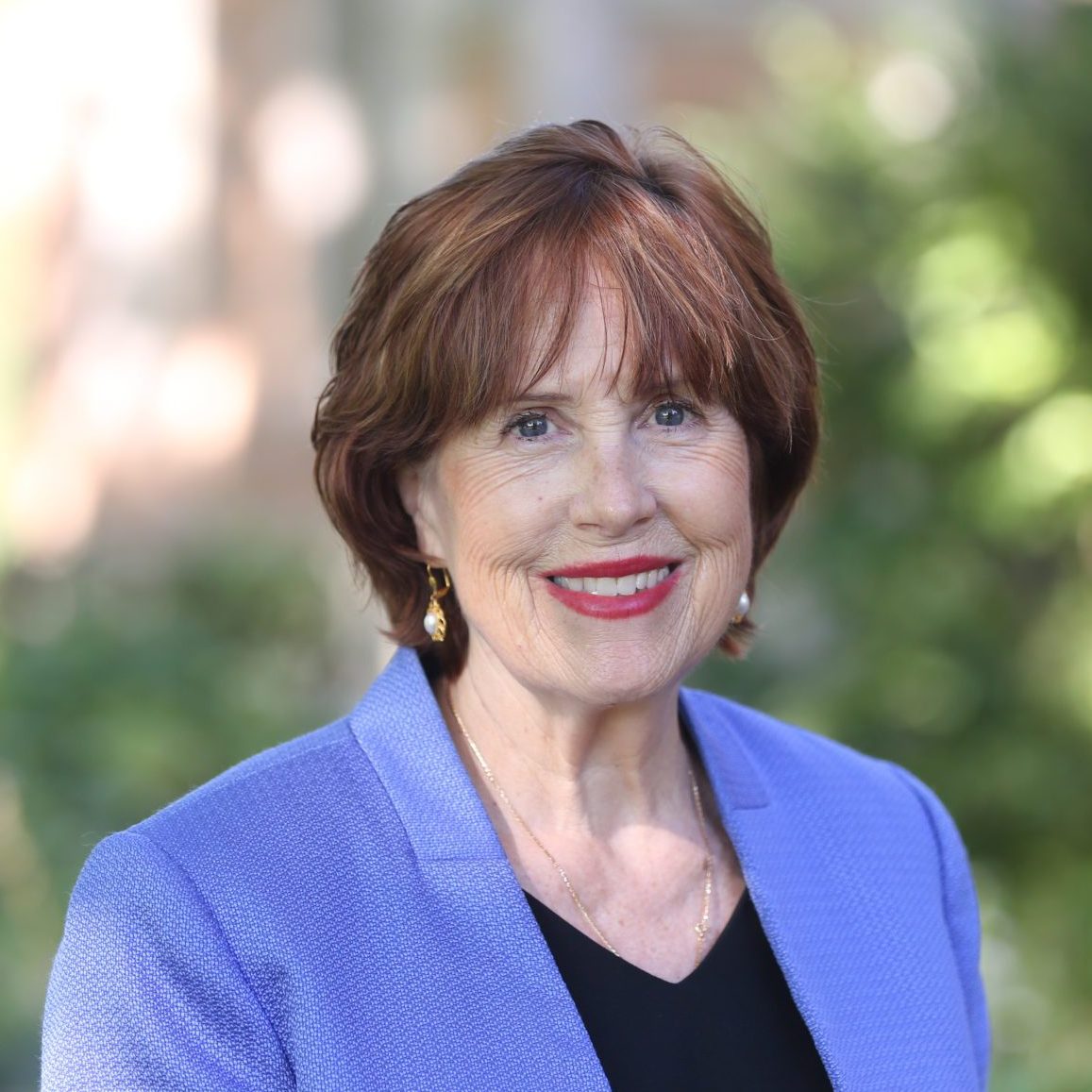Deborah Savage, PhD
Philosopher and Theologian
Author and Speaker

Deborah Savage is a Professor of Theology at Franciscan University of Steubenville in Steubenville, Ohio. She is a student of St. Thomas Aquinas, and a recognized scholar of the work of Karol Wojtyla/Pope St. John Paul II. Her work is informed by both her academic scholarship and her work experience in the business sector, where she spent 25 years prior to pursuing her doctorate. In both her research and her teaching, Dr. Savage seeks to bridge the gap between theory and practice, theology and culture – her mission is to recover a culture of life.
Deborah Savage’s initial area of study focused on the relationship between faith and work and the way in which the principles of Catholic Social Thought inform the moral nature of the business enterprise. A second research area emerged in response to Pope St. John Paul II’s 1999 encyclical, Evangelium Vitae, where he called for an explicitly Christian feminism. Dr. Savage came to realize that an authentic Christian “feminism” depends upon a more coherent account of the nature of man and woman and the complementarity that characterizes their relationship - and their work in the family and the world.
Deborah’s work is an endeavor to merge philosophical and theological reflection with practical insights in an effort to rejuvenate the family and our cultural landscape. Her speaking engagements and writings focus on:
- The Catholic vision of the human person, the anthropology of Karol Wojtyla/Pope St. John Paul II
- The nature and mission of man and woman in both the home and the world
- Human work as a locus of faith and a means of conversion
- The morality of the marketplace and its role in human flourishing
Guest Speaker
Male and Female He Created Them: Complementarity as Mission
Deborah Savage is a frequent guest speaker on a number of topics:
- the complementarity of man and woman;
- the genius of man and woman in the family and the world;
- the gift of masculinity, fatherhood, the war on men;
- the feminine genius, the prophetic voice of women, women and the Church;
- the meaning of human work, the vocation of the business leader, virtue as a competitive edge
Beyond her more academic presentations and other conferences, Dr. Savage is available to speak to professional organizations, diocesan gatherings and parishes, parents and high schools. She is often invited to lead retreats and marriage encounters. If you would like to schedule her as a guest speaker, please click the button below to submit a speaking request.
Memberships
- Co-founder and Acting Director, The Siena Symposium for Women, Family, and Culture, an interdisciplinary working group at the University of St. Thomas
- The Academy of Catholic Theology
- The American Catholic Philosophical Association
- The Fellowship of Catholic Scholars
- Board member, Curatio, since 1999
- Board of Trustees member, Franciscan University of Steubenville, 2017-2021
Awards
- Finalist: 2008, 2009 Novak Award, given by the Acton Institute for research into the relationship between religion and economics.
Publications
“The Genius of Man,” What We Need Now, June 2023
”The Genius of Woman,” What We Need Now, October 2023
“Woman and Man: Identity, Genius, Mission” found in The Complementarity of Women and Men, ed. Dr. Paul Vitz, CUA Press 2021.
DOI
“Redeeming Woman: A Response to the ‘Second Sex’ Issue from within the Tradition of Catholic Scriptural Exegesis,” Religions, 11(9), 474, 2020.
DOI